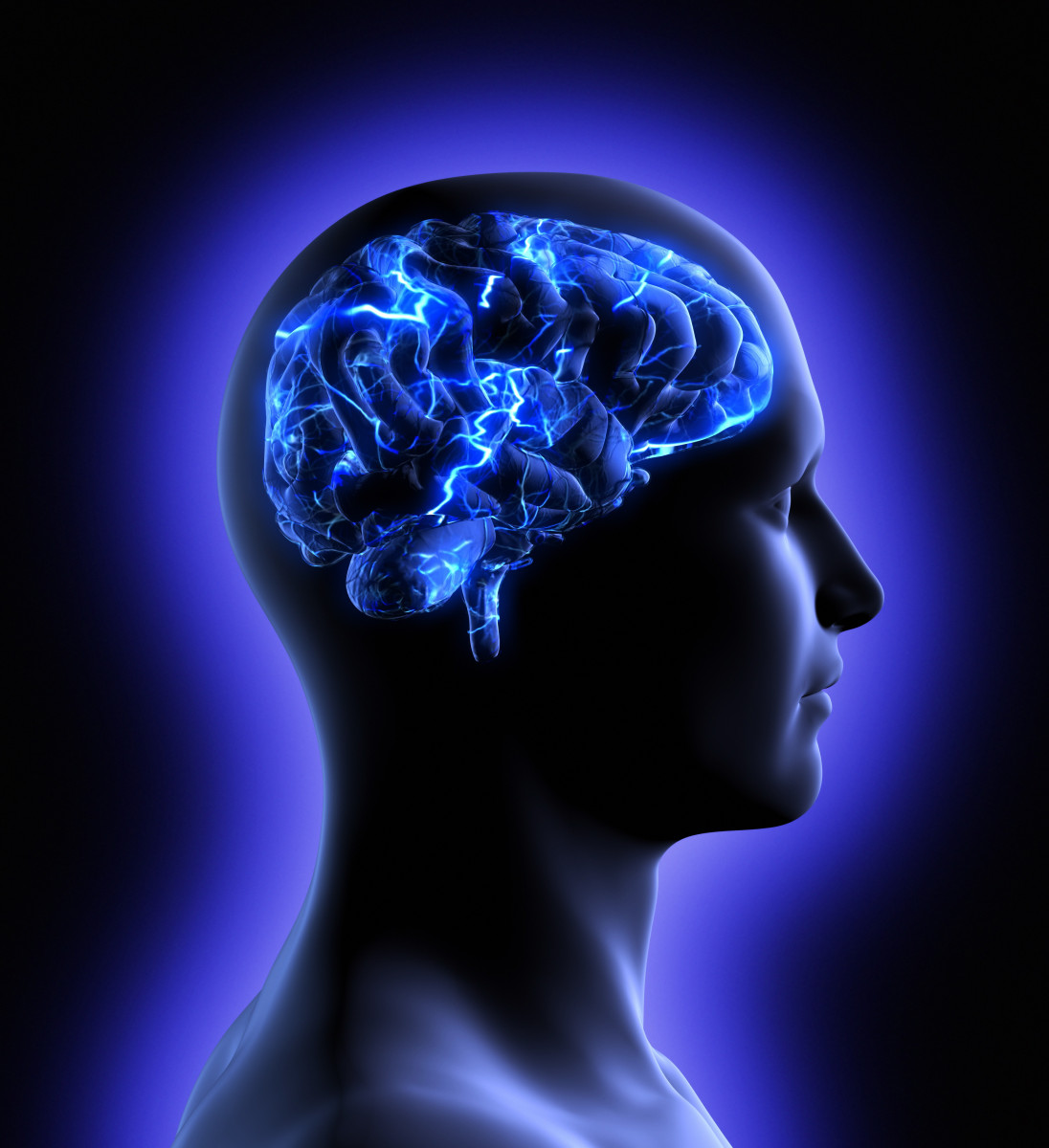At-home Brain Stimulation Program Now Available
Written by |

New York University (NYU) Langone Health has launched an at-home, therapeutic program of transcranial direct current stimulation (tDCS) — a type of non-invasive brain stimulation — to reduce cognitive, motor, speech, or mood symptoms associated with multiple sclerosis (MS) and other brain disorders.
A first of its kind, the personalized tDCS Program allows patients in almost every U.S. state to receive tDCS sessions tailored to their individual needs and therapeutic goals in the comfort of their home.
“Many individuals with neurological and psychiatric disorders have difficulty leaving the house because of their condition,” Leigh E. Charvet, PhD, who leads MS-related tDCS research at NYU Langone, said in a press release.
“This virtual program brings the latest treatments directly to our patients, enabling us to reach more people,” said Charvet, who also is a professor in the department of neurology at NYU Grossman School of Medicine.
In tDCS, a low-grade electric current is applied to specific brain areas through thin wires (electrodes) placed on the patient’s scalp via a headset. The weak electrical stimulation is thought to make it easier for nerve cells to “fire” and transmit signals between them, which can reinforce brain connections.
Previous studies by NYU researchers, including Charvet, showed that this type of low-grade brain stimulation improved cognitive function and reduced fatigue in MS patients.
Benefits in treating depression, anxiety, and other symptoms associated with neurological conditions, such as Parkinson’s disease and stroke, also have been reported, with several clinical trials currently ongoing in people with multiple neurological disorders, including MS.
“This innovative treatment provides many individuals with relief, often after other options haven’t been successful,” Charvet said.
Notably, early evidence also suggests that tDCS treatment may help with recovery following a COVID-19 infection, NYU Langone noted in the release.
Patients adhering to the tDCS Program will undergo an initial clinical assessment that can be repeated over time to track progression and will learn to work with their customized tDCS device.
The program comprises treatment sessions of about 30 minutes, completed under the video supervision of an expert through the free NYU Langone Health app. Patients may be asked to perform some training activities during their sessions to increase therapeutic benefit.
Sessions can be scheduled to the user’s convenience, and experts recommend a minimum of 10 daily or nearly daily sessions to better assess whether the patient is responding to treatment.
“We create a personalized care plan for each patient that supports their individual needs and goals,” Charvet said, adding that “treatment can include activities like seated motor exercises or playing cognitive training computer games.”
The tDCS treatment also can be added to a patient’s existing rehabilitation program.
“The tDCS Program has helped me regain control of my daily self-care routines,” said Annamarie Prono, a Queens resident who has been living with MS for 29 years and who participated in previous MS-related tDCS clinical trials at NYU Langone.
“It’s incredible to see how far MS care has come since I was first diagnosed,” Prono said, noting that current treatment options “not only prevent disease progression, but improve quality of life.”
Notably, “several post-COVID-19 patients also have experienced improvement with tDCS, which may help speed recovery from their persisting symptoms,” Charvet said.
Within weeks of starting the tDCS Program, New Jersey resident Nomi Colton-Max reported a 70% reduction in the debilitating COVID-19 symptoms she experienced for nearly a year.
“I’ve finally started walking my dog again, cooking meals for my family, and I don’t need to nap as often after strenuous activities,” Colton-Max said, adding that her recovery was noticeable even to her remote colleagues.
Provided as innovative care, the program is not currently covered by insurance, but treatment packages bring the cost to about $30 per session, including equipment rental. Insurance may cover a patient’s initial visit.


